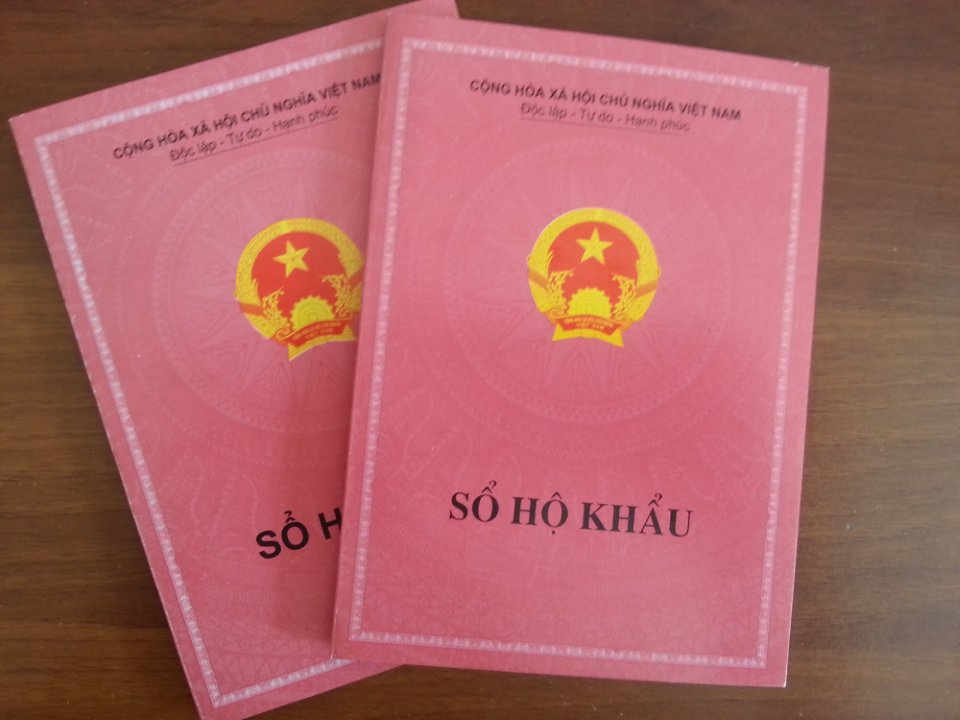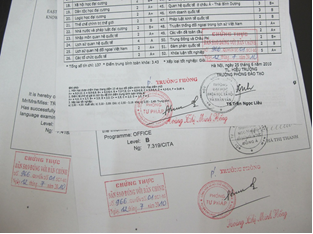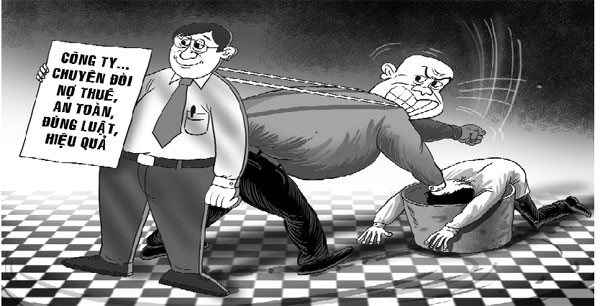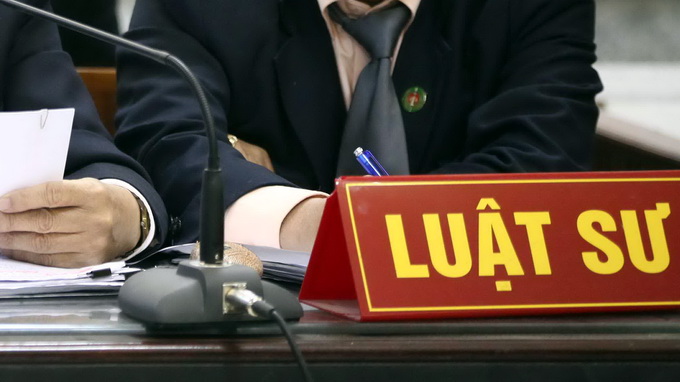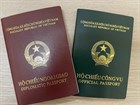Household Registration Book is one of the extremely important documents used frequently in the execution of both state administrative procedures and private administration. However, due to inconveniences in the process of use, the state is moving towards eliminating the paper Household Registration Book and managing society by using Personal Identification Numbers.
Aiming to abolish household registration books, managing society through personal identification numbers (Illustrative image)
1. What is a household registration book?
A household registration book is a form of population management in households that functions to determine the legal place of residence of citizens. This is an important document for conducting civil transactions and administrative procedures. Currently, there are up to 27 administrative procedures regulated under law that require a household registration book or temporary residence book.
2. Why aim to abolish the household registration book?
The actual use of household registration books has been problematic, and aiming to abolish the household registration book will solve many issues such as:
From the state’s perspective:
- Managing society through personal identification numbers helps simplify paperwork, reduces time, and saves substantial costs when implementing administrative procedures.
- Reduces the burden on the administrative system as there is no need for coordination among multiple departments and agencies; only a search action on the information system is needed.
From the citizen’s perspective:
- Better ensures the implementation of the citizen's right to free residence while the household registration book has been limiting the right to free movement, residence, and study.
- Overcomes the cumbersome nature of administrative procedures, which can be exploited to cause inconvenience to citizens, eliminating negative and corrupt practices in state agencies that affect citizens' rights in issuing, managing, and using household registration books, contributing to transparency and openness in performing state administrative procedures.
3. How will society be managed through personal identification numbers, replacing the household registration book?
According to the latest regulations in the Draft Law on Residence, household registration books and temporary residence books will no longer be valid for use in new legal transactions and relationships from the effective date of this law.
Thus, if this draft law is passed and enacted, from its effective date, the household registration book will be abolished and replaced with the use of personal identification numbers for social management.
As stipulated in Clause 1, Article 12 of the Law on Citizen Identification 2014 regarding personal identification numbers:
- Personal identification numbers are established from the National Population Database to connect, update, share, and exploit citizens' information within this database and other specialized databases;- Personal identification numbers are uniformly managed nationwide by the Ministry of Public Security and assigned to each Vietnamese citizen, which will not be repeated for any other person.
Article 19 of the Law on Citizen Identification 2014 stipulates:
- Vietnamese citizens at the age of 14 will be issued a Citizen Identification card;- The Citizen Identification card number is also the personal identification number. This personal identification number will be linked to a person from birth to death, remains unchanged throughout their life, and will not be duplicated.
In general, with a 70-year history of existence, the process of abolishing the household registration book will encounter significant challenges. However, abolishing paper household registration books and instead managing residents using personal identification numbers will create a major breakthrough in population management and the exercise of fundamental human rights.
Thuy Tram
 Article table of contents
Article table of contents
